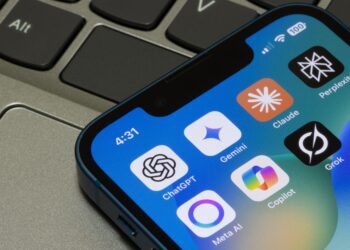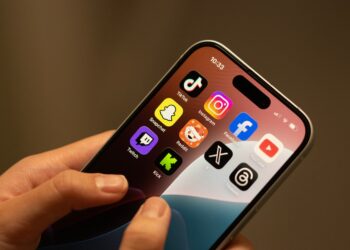In an era where digital devices are everywhere, the term “screen time” has become a buzz phrase in discussions about technology’s impact on people’s lives. Parents are concerned about their children’s screen habits. But what if this entire approach to screen time is fundamentally flawed?
While researchers have made advances in measuring screen use, a detailed critique of the research in 2020 revealed major issuesin how screen time is conceptualized, measured and studied. I study how digital technology affects human cognition and emotions. My ongoing research with cognitive psychologist Nelson Roque builds on that critique’s findings.
We categorized existing screen-time measures, mapping them to attributes like whether they are duration-based or context-specific, and are studying how they relate to health outcomes such as anxiety, stress, depression, loneliness, mood and sleep quality, creating a clearer framework for understanding screen time. We believe that grouping all digital activities together misses how different types of screen use affect people.
By applying this framework, researchers can better identify which digital activities are beneficial or potentially harmful, allowing people to adopt more intentional screen habits that support well-being and reduce negative mental and emotional health effects.
By In an era where digital devices are everywhere, the term “screen time” has become a buzz phrase in discussions about technology’s impact on people’s lives. Parents are concerned about their children’s screen habits. But what if this entire approach to screen time is fundamentally flawed?
While researchers have made advances in measuring screen use, a detailed critique of the research in 2020 revealed major issuesin how screen time is conceptualized, measured and studied. I study how digital technology affects human cognition and emotions. My ongoing research with cognitive psychologist Nelson Roque builds on that critique’s findings.
We categorized existing screen-time measures, mapping them to attributes like whether they are duration-based or context-specific, and are studying how they relate to health outcomes such as anxiety, stress, depression, loneliness, mood and sleep quality, creating a clearer framework for understanding screen time. We believe that grouping all digital activities together misses how different types of screen use affect people.
By Rinanda Shaleha / Courtesy of The Conversation












